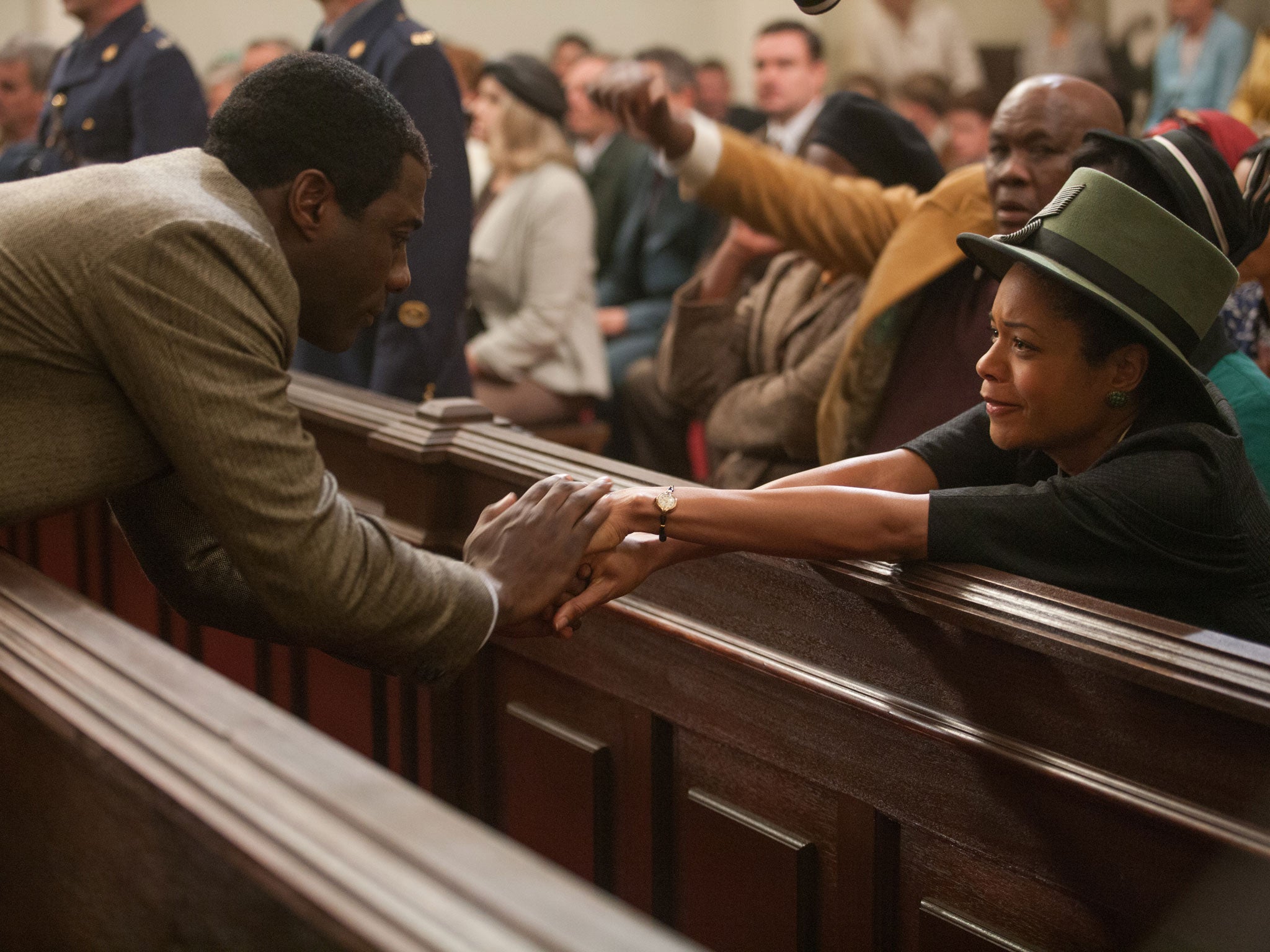Review: Mandela - Long Walk to Freedom is too much of a rush through such a rich, long life

Your support helps us to tell the story
From reproductive rights to climate change to Big Tech, The Independent is on the ground when the story is developing. Whether it's investigating the financials of Elon Musk's pro-Trump PAC or producing our latest documentary, 'The A Word', which shines a light on the American women fighting for reproductive rights, we know how important it is to parse out the facts from the messaging.
At such a critical moment in US history, we need reporters on the ground. Your donation allows us to keep sending journalists to speak to both sides of the story.
The Independent is trusted by Americans across the entire political spectrum. And unlike many other quality news outlets, we choose not to lock Americans out of our reporting and analysis with paywalls. We believe quality journalism should be available to everyone, paid for by those who can afford it.
Your support makes all the difference.Condensing Nelson Mandela’s story – from growing up in a small village in South Africa to becoming the country’s president – into 152 minutes sounds an impossible task, and so it proves.
The film starts with two statements that were used as a rationale for apartheid, the first about science proving whites have bigger brains and the second that the bible advocates the superiority of the white race. It follows this by saying that the UK and US supported the apartheid regime.
From the opening titles the pace of information never slows, but apart from the relationship between Nelson Mandela (Idris Elba) and his second wife Winnie (Naomie Harris), the level of analysis never delves deeper than surface.
The director Justin Chadwick makes the mistake of trying to fit too much in – Mandela is shown leaving his village as he enters manhood, working as a lawyer defending black maids against their white masters, and marrying and divorcing his first wife.
Blitzing through protests at train stations, the action finally takes a pause for breath as it shows the wedding of Nelson and Winnie. All this happens in the first 30 minutes and the pace never relents, jumping from the Sharpeville massacre in March 1960 to his arrest in 1963, then from his subsequent 27 years in jail to his eventual release.
There are also uneven and inconsistent shifts in the way the story is told. There is one brief, subtitled section showing Mandela being lambasted by his mother. The Sharpeville shootings play out to the sound of radio reports and then a series of still photographs. Archive video footage of the ‘free Nelson Mandela’ Wembley concert in 1988 is woven into the action. There is no consistency.
It’s a film with ADHD – just as anything becomes interesting, the action moves on. We learn little about the workings and leadership of the ANC. There has to be something terrifically wrong when ANC deputy president Walter Sisulu seems like a bit player.
Of the regime, only President FW De Klerk (Gys de Villiers) and a prison warden are given any meaningful screen time. It’s a problem with the movie’s approach, so many incidents are shown on screen, but much has also been left out.
The scenes in themselves are all well filmed, but they feel just like that, individual scenes. Elba and Harris give fine performances, although both are better when dealing with their characters at a young age.

Watch Apple TV+ free for 7 days
New subscribers only. £8.99/mo. after free trial. Plan auto-renews until cancelled

Watch Apple TV+ free for 7 days
New subscribers only. £8.99/mo. after free trial. Plan auto-renews until cancelled
The one thing that is well highlighted is the importance of Winnie in the apartheid battle, despite her faults. Winnie has the biggest arc in the film, going from a feisty young beauty to a devoted campaigner to the cause. Chadwick worked with Harris on his previous film shot in Africa, The First Grader.
Elba’s face has been transformed to make the actor look more like Mandela. He is terrific as womaniser and young radical, delivering a rousing speech at a cinema and also in the run-up to the 1994 election calling for peace on television.
Chadwick gambles that the central love story will carry the picture – a young couple driven apart by political necessity. But just like the real relationship, it ultimately fails to work.
Join our commenting forum
Join thought-provoking conversations, follow other Independent readers and see their replies
Comments